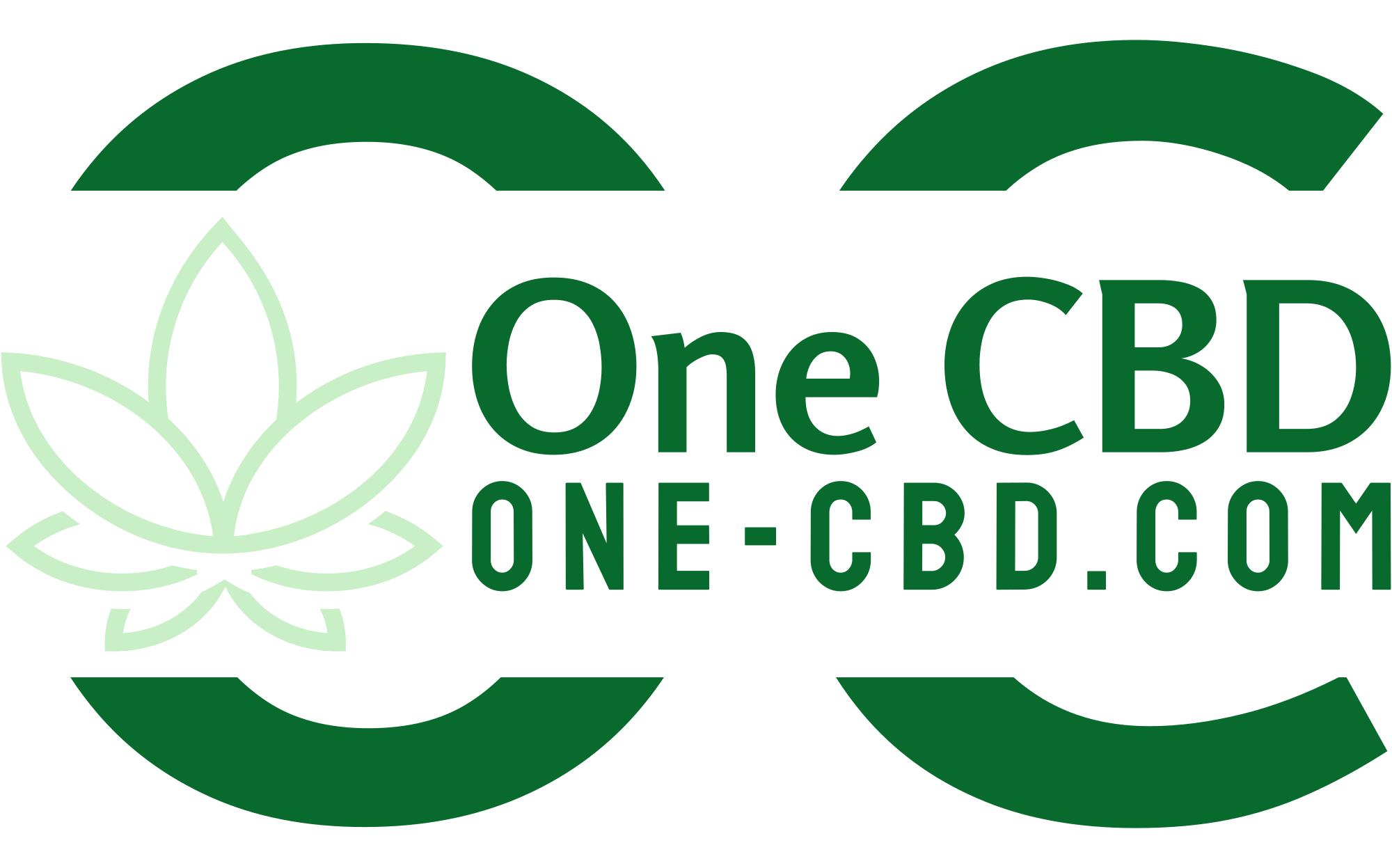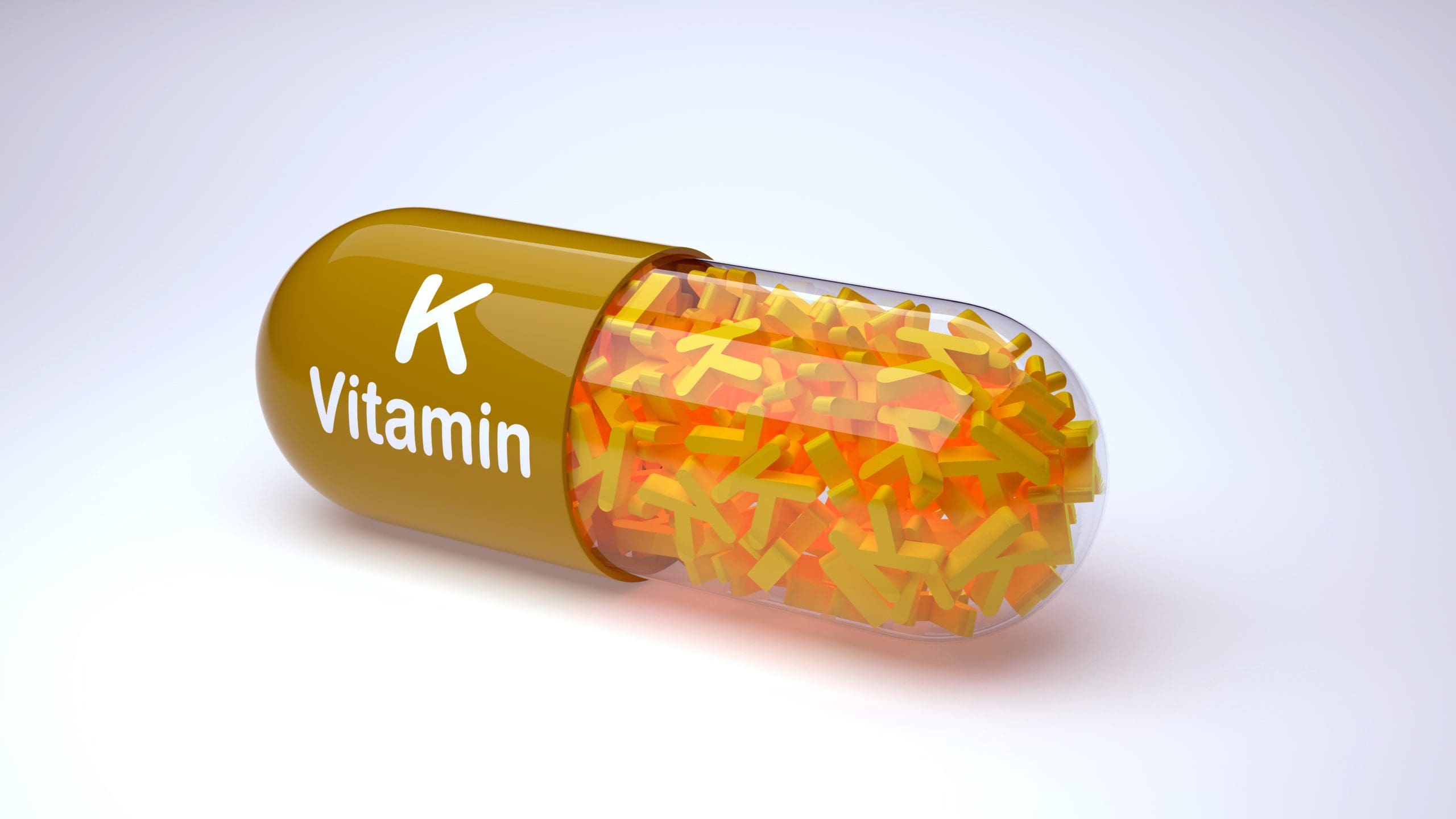Introduction
Vitamin K2, often overlooked compared to its more well-known counterparts such as Vitamin C or Vitamin D, plays a critical role in maintaining optimal health. This often underappreciated vitamin, a fat-soluble nutrient, has gained increasing attention in recent years for its multifaceted benefits. From bone health to cardiovascular wellness and beyond, the significance of Vitamin K2 in maintaining our overall well-being cannot be overstated. In this comprehensive guide, we will explore the numerous benefits of Vitamin K2, its sources, recommended daily intake, and its potential side effects.
What is Vitamin K2
Before delving into its benefits, let’s get to know Vitamin K2 better. Vitamin K2, also known as menaquinone, is a fat-soluble vitamin that belongs to the Vitamin K family. It exists in several different forms, with the two primary ones being MK-4 and MK-7. This vitamin plays a vital role in a process known as carboxylation, which helps activate proteins necessary for several essential bodily functions. Vitamin K2 is predominantly known for its role in calcium regulation and bone health, but its significance extends well beyond that.
Benefits of Vitamin K2
Bone Health
Vitamin K2 is renowned for its pivotal role in bone metabolism. It helps regulate calcium deposition in bones and prevents its accumulation in soft tissues, such as arteries. When calcium is deposited in the right places, it strengthens bones, reducing the risk of osteoporosis and fractures. Numerous studies have linked Vitamin K2 supplementation to improved bone density and a lower risk of bone-related disorders.
Cardiovascular Health
Another significant benefit of Vitamin K2 is its potential to promote cardiovascular health. By preventing calcium buildup in arterial walls, it reduces the risk of atherosclerosis, which is the hardening and narrowing of arteries due to plaque buildup. This effect can lower the chances of heart disease and stroke. Vitamin K2 also supports the production of Matrix Gla protein (MGP), which helps maintain vascular health by inhibiting arterial calcification.
Dental Health
Maintaining oral health is essential, and Vitamin K2 plays a role in this aspect as well. It helps in the deposition of calcium in teeth, strengthening enamel and preventing tooth decay. Incorporating Vitamin K2 into your diet may contribute to better dental health and fewer dental issues over time.
Cognitive Function
Emerging research suggests that Vitamin K2 may play a role in preserving cognitive function. Some studies have shown that it could reduce the risk of age-related cognitive decline and conditions such as Alzheimer’s disease. Although more research is needed in this area, the preliminary findings are promising.
Skin Health
Vitamin K2 has also shown potential benefits for skin health. It may help in maintaining skin elasticity and reducing the appearance of wrinkles. Additionally, Vitamin K2 may assist in the treatment of skin conditions such as psoriasis.
Cancer Prevention
Some studies have suggested that Vitamin K2 might play a role in cancer prevention. Although the evidence is not yet conclusive, it appears that Vitamin K2 may help inhibit the growth of cancer cells, particularly in lung and liver cancers.
Immune System Support
Vitamin K2 is essential for the proper functioning of the immune system. It helps activate immune cells and plays a role in the body’s defense against infections. A deficiency in Vitamin K2 can weaken the immune response, making individuals more susceptible to various diseases.
Hormonal Balance
Vitamin K2 is crucial for hormonal balance in the body. It helps activate proteins that play a role in regulating hormones, which can be particularly important for women going through menopause. It may help alleviate some of the symptoms associated with hormonal imbalances, such as hot flashes.
Sources of Vitamin K2
Now that we understand the many benefits of Vitamin K2, it’s crucial to know where you can find it. Here are some of the primary sources of Vitamin K2:
Fermented Foods
Fermented foods are a rich source of Vitamin K2. Natto, a traditional Japanese dish made from fermented soybeans, contains exceptionally high levels of Vitamin K2 in the form of MK-7. Other fermented foods like sauerkraut and certain cheeses also contain significant amounts of Vitamin K2.
Animal Products
Animal products, especially those from pasture-raised and grass-fed animals, are excellent sources of Vitamin K2. Organ meats like liver and grass-fed dairy products, such as butter and cheese, are particularly rich in this essential nutrient.
Supplementation
In cases where it’s challenging to obtain adequate Vitamin K2 through dietary sources, supplementation can be an option. Vitamin K2 supplements are available in various forms, including MK-4 and MK-7. It’s essential to consult with a healthcare professional before starting any supplementation regimen to determine the appropriate dosage.
Green Leafy Vegetables
While not as rich in Vitamin K2 as other sources, green leafy vegetables like kale, spinach, and broccoli contain Vitamin K1, which the body can convert into Vitamin K2. Including these vegetables in your diet can contribute to your overall Vitamin K2 intake.
Recommended Daily Intake
The recommended daily intake of Vitamin K2 can vary depending on factors such as age, gender, and specific health conditions. However, in general, the recommended daily intake of Vitamin K2 for adults is around 45 to 185 micrograms (mcg) per day. It’s important to note that these values can change based on evolving research and guidelines, so consulting a healthcare professional for personalized advice is advisable.
Potential Side Effects and Precautions
While Vitamin K2 is generally considered safe when consumed in appropriate amounts, there are a few precautions to keep in mind:
Interactions with Medications
Vitamin K2 can interfere with certain medications, particularly blood-thinning medications like warfarin (Coumadin). If you are taking such medications, it’s essential to discuss your Vitamin K2 intake with your healthcare provider to avoid potential interactions.
Allergic Reactions
In rare cases, individuals may experience allergic reactions to Vitamin K2 supplements. If you notice any unusual symptoms after taking a Vitamin K2 supplement, discontinue use and consult a healthcare professional.
Blood Clotting Disorders
If you have a history of blood clotting disorders, consult your healthcare provider before starting a Vitamin K2 supplement, as it plays a role in blood clotting.
Pregnancy and Breastfeeding
Pregnant and breastfeeding women should ensure they are meeting their daily Vitamin K2 requirements through a balanced diet. If supplementation is considered, it should only be done under the guidance of a healthcare provider.
Conclusion
In conclusion, Vitamin K2 is a vital nutrient that offers a wide array of benefits for overall health. From supporting bone health to cardiovascular wellness and beyond, this often overlooked vitamin deserves more recognition for its role in maintaining optimal well-being. Ensuring that you incorporate Vitamin K2-rich foods into your diet or, if necessary, consider supplementation under the guidance of a healthcare professional, can help you harness the numerous advantages of this essential nutrient. As with any aspect of nutrition and health, a balanced and varied diet, along with professional guidance, is the key to reaping the benefits of Vitamin K2 while minimizing potential risks.
- Zeus Juice: A Dive into Mythical Vaping Experiences - February 26, 2024
- The Comprehensive Guide to the Benefits of Vitamin K2 - October 27, 2023
- A Comprehensive Guide to the Benefits of Reishi Functional Mushrooms - October 27, 2023

